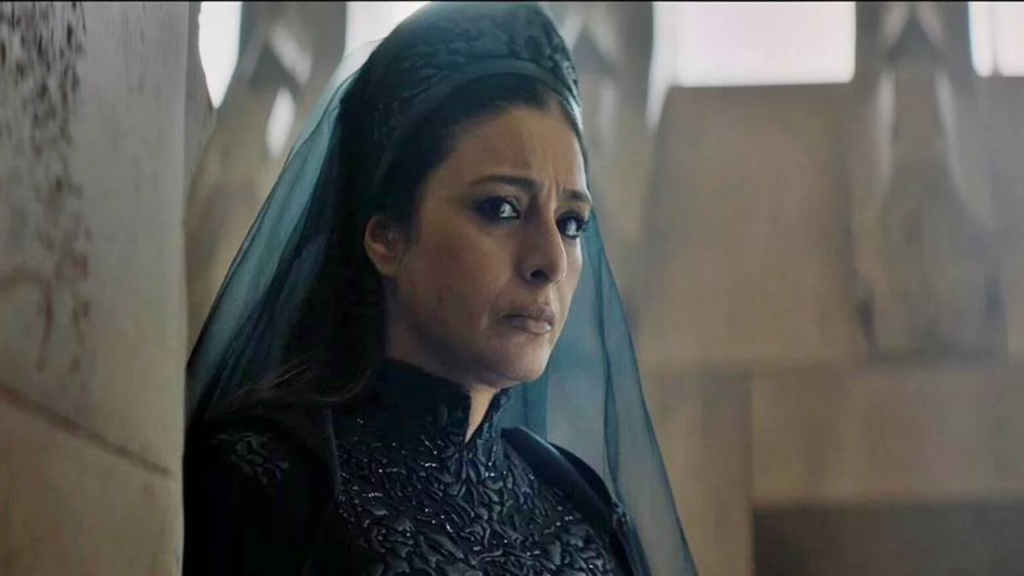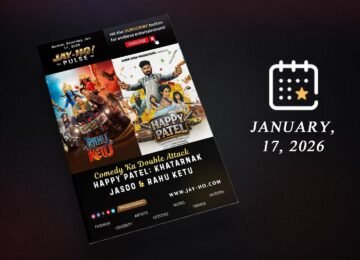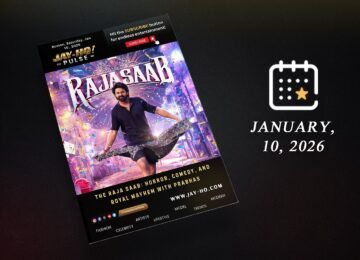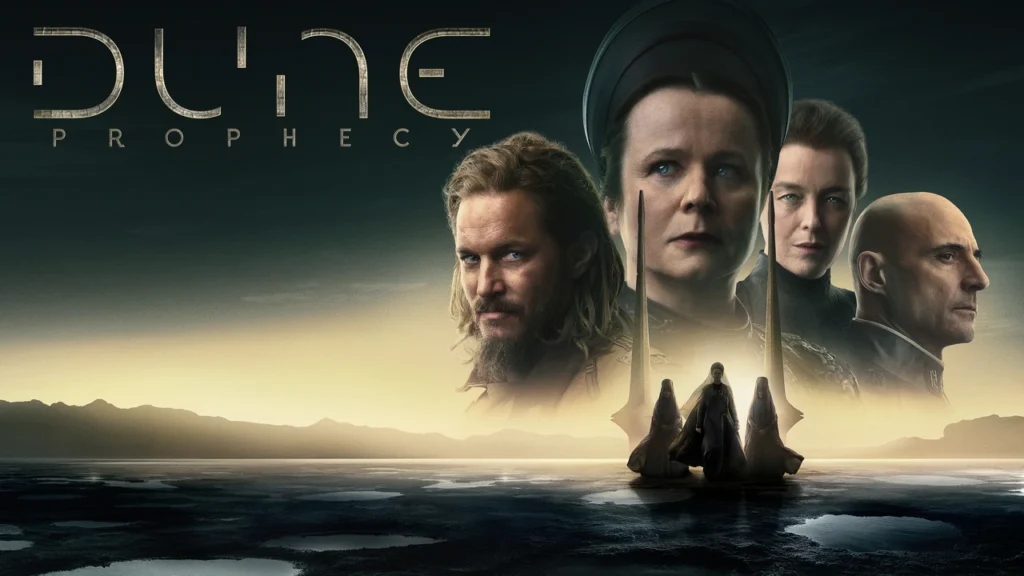When Denis Villeneuve brought Frank Herbert’s Dune to the big screen, he reignited a global passion for this iconic sci-fi series. Fans of the book series, alongside newcomers to the story, found themselves captivated by the film’s grandeur and depth. Naturally, this success set the stage for a Dune spin-off series, and that’s how Dune: Prophecy came to be. However, despite its promise, the show fails to live up to the high expectations set by Villeneuve’s films. With weak writing, unengaging characters, and a lack of focus, Dune: Prophecy becomes an exercise in frustration, leaving viewers detached and uninterested in its universe.
What is Dune: Prophecy About?
Dune: Prophecy is set 10,000 years before the birth of Paul Atreides, the hero at the center of the main Dune saga. The show focuses on the origins of the Bene Gesserit, a powerful sisterhood that plays a key role in Herbert’s universe. The story follows Mother Superior Valya Harkonnen (played by Emily Watson) as she leads the sisterhood in their quest to place one of their own on the imperial throne, manipulating Emperor Corrino (Mark Strong) to serve their interests.
However, their plans are threatened by the unexpected arrival of Desmond Hart (Travis Fimmel), a mysterious soldier who becomes the Emperor’s most trusted ally and weapon. The series blends political intrigue, mysticism, and the ambitions of a secretive order, all set against the vast backdrop of the Dune universe.
While the show has a lot of potential, it struggles to create a compelling narrative. Despite being set in a rich universe with a fascinating history, the series falls short in terms of character development and plot coherence, leaving audiences disconnected from the story.
The Good: Stunning Visuals and Ambitious World-Building
One area where Dune: Prophecy does not disappoint is in its visuals. The show boasts breathtaking cinematography, with expansive landscapes and a scale that rivals epic fantasy series like Lord of the Rings and House of the Dragon. The production design, music, and overall aesthetic are top-tier, creating a visually captivating world that draws the viewer in.
In terms of scale and grandeur, Dune: Prophecy exceeds expectations. It has the kind of expansive sci-fi visuals that are rarely seen on television, rivaling shows like Foundation. However, stunning visuals alone aren’t enough to carry a story, especially in a world as intricate as Dune. For all its visual splendor, the series fails to deliver a plot that is both engaging and easy to follow.
The Bad: Confusing Plot and Weak Character Development
The biggest issue with Dune: Prophecy is its plot. The story feels convoluted and difficult to follow, especially with its jumping timelines and a vast number of characters. At times, it can be confusing to keep track of who is who, as many characters seem interchangeable. The lack of clear character arcs or motivations makes it hard to invest in anyone, whether they’re supposed to be a hero, anti-hero, or villain.
While the series sticks to the established Dune universe, its plot often feels disjointed. There’s a lot happening, but it never quite comes together. The complex political intrigue and mystical elements fail to create a coherent narrative, and by the time you reach the second episode, you may find yourself losing interest. The show attempts to juggle too many ideas at once, leaving viewers overwhelmed rather than engaged.
The Performances: Uneven but With Some Highlights
In terms of performances, Dune: Prophecy is a mixed bag. Emily Watson, as Valya Harkonnen, delivers a commanding performance that is one of the show’s few bright spots. She brings depth to her character, portraying Valya’s moral ambiguity with skill. Despite the lack of strong material to work with, Watson’s presence helps anchor the series.
Olivia Williams also performs well as Tula, Valya’s more morally clear-headed sister. Additionally, Jessica Barden’s portrayal of the younger Valya adds an element of menace and intensity to the role, showcasing her range as an actress.
However, beyond these core performances, the rest of the cast fails to leave much of an impression. Characters feel flat, and their motivations are often unclear. Even Mark Strong, known for his strong screen presence, is underwhelming here as Emperor Corrino. The writing simply doesn’t give the actors enough to work with, leaving them to deliver lackluster performances.
Travis Fimmel, who plays Desmond Hart, is one of the few actors who manages to shine. His character, although somewhat clichéd, benefits from being written with more nuance, and Fimmel’s performance stands out from others. However, this moment of brilliance is few and far between in a show that otherwise struggles with its storytelling.
Tabu: A Strong Presence, But Held Back by Weak Writing

One of the most anticipated aspects of Dune: Prophecy was the appearance of Indian actress Tabu in her Hollywood debut. Tabu plays Sister Francesca, the Emperor’s lover and a key figure in the political intrigue of the series. She brings her usual strength and magnetism to the role, but unfortunately, the writing fails to do justice to her talent.
Tabu is known for her ability to deliver powerful performances in English-language films, as seen in movies like The Namesake. However, in Dune: Prophecy, her dialogue feels stiff and unnatural, a stark contrast to her usual effortless charm. It’s disappointing to see such a skilled actress not given the material she deserves, and it highlights one of the show’s biggest flaws: poor writing.
Dune: Prophecy’s Verdict: A Missed Opportunity
In the end, Dune: Prophecy is a series that never quite lives up to its potential. It has all the ingredients for a compelling story: a rich universe, intriguing characters, and a sense of mystery. However, weak writing, confusing plotlines, and uneven performances hold it back from being the next great sci-fi epic.
Despite its stunning visuals and occasional moments of brilliance, Dune: Prophecy fails to capture the magic of the Dune universe. For fans of the franchise, it’s a disappointment, and for casual viewers, it might be hard to stay invested in the story. With the right focus on character development and a clearer narrative, this series could have been something special, but as it stands, Dune: Prophecy is a dull and forgettable addition to the Dune legacy.
Where to Watch
All episodes of Dune: Prophecy are available to stream on JioCinema in India. However, proceed with caution if you’re hoping for a thrilling ride through the Dune universe—this show might leave you wanting more.






















